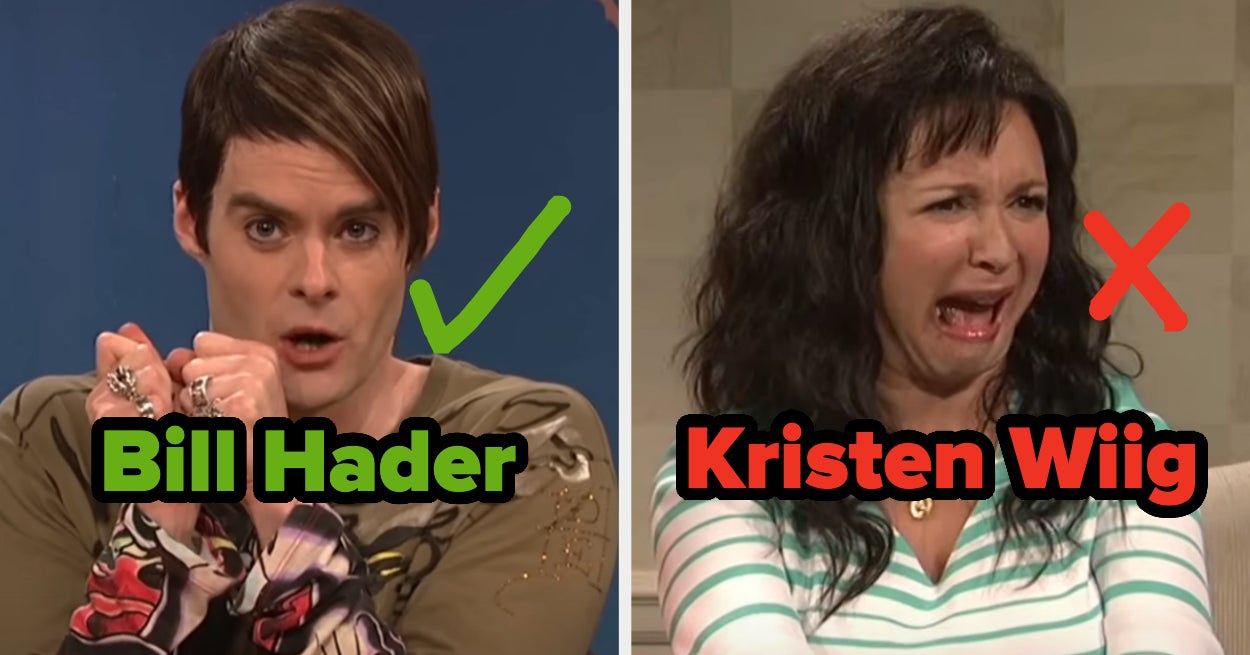Unlock the US Election Countdown newsletter for free
The stories that matter on money and politics in the race for the White House
Covering weight-loss drugs for elderly Americans on the state-backed Medicare health insurance programme would cost the US government $35bn over the next nine years, a congressional analysis has found.
Currently, Medicare, which provides prescription drugs to about 54mn over-65s in the US, only covers anti-obesity medications, such as Novo Nordisk’s blockbuster Wegovy, for patients suffering from another comorbidity, such as stroke risk, heart disease or sleep apnoea.
Novo Nordisk and Eli Lilly, the leading anti-obesity drugmakers, have been calling on lawmakers to change the rules so that the drugs can be covered for obesity alone. While a law prohibits Medicare from covering anti-obesity medications just for weight loss, a bill under consideration by the House of Representatives is aimed at changing that.
An analysis by the Congressional Budget Office, published on Tuesday, found that expanding coverage for drugs from the start of 2026 would cost the federal government about $1.6bn to meet the costs for an estimated 300,000 patients in the first year, rising to $7.1bn to cover 1.6mn patients by 2034. Over the course of nine years, it would cost a projected $35bn.
The analysis concluded that cost savings from improving other health outcomes, which have been heralded by drugmakers pushing for wider coverage of the drugs, would not offset the costs of the treatments. In 2034, such savings would amount to approximately $1bn, the CBO found.
Net Medicare spending on prescription drugs is projected to total about $120bn this year.
The much-anticipated analysis comes as debate grows around the costs of the treatments and as healthcare systems begin to plan for a future in which they are increasingly widely available. Democratic senator Bernie Sanders has accused Novo Nordisk of “ripping off” the American people with Wegovy, whose wholesale price comes to nearly $1,350 a month, warning that the drugs could bankrupt Medicare.
Novo Nordisk and Eli Lilly, which is behind the Zepbound jab, are working on trials of the drugs in other indications, such as sleep apnoea, and submitting data to regulators to open a path to the treatments being covered by Medicare.
“We’re going to eat the elephant one step at a time here . . . by proving the indications not just to lower weight but for the consequences of that,” Eli Lilly chief executive Dave Ricks told the Financial Times last month. He predicted that insurers and Medicare would eventually come around to the logic of covering the drugs just for weight loss.
Benedic Ippolito, a senior fellow at the American Enterprise Institute, a think-tank, said that while $35bn was “not trivial”, it was “far less catastrophic” than “the borderline doomsday scenarios” suggesting that the drugs would bankrupt Medicare.


























![‘Chicago Med’ Recap Season 10, Episode 8 — [Spoiler] Dead or Alive ‘Chicago Med’ Recap Season 10, Episode 8 — [Spoiler] Dead or Alive](https://tvline.com/wp-content/uploads/2024/11/chicago-med-recap.jpg?w=650)













































![Who Killed [Spoilers] & Why? Who Killed [Spoilers] & Why?](https://www.comingsoon.net/wp-content/uploads/sites/3/2024/10/MixCollage-25-Oct-2024-12-22-PM-7975.jpg?resize=1200,630)






